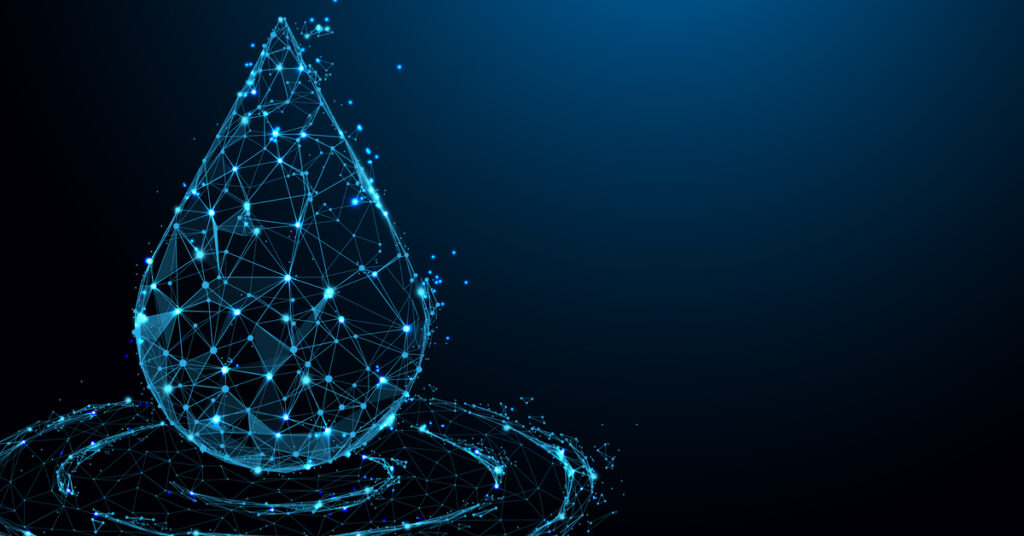
Water is an invaluable resource, essential for human survival and the health of our planet. However, with the challenges posed by a growing population, rapid urbanization, and the impacts of climate change, managing water resources has become increasingly complex. Fortunately, the emergence of digital technologies has presented us with a groundbreaking solution.
Digital water encompasses the integration of advanced technologies and data analytics into water management practices. By leveraging the Internet of Things (IoT), artificial intelligence (AI), and cloud computing, digital water systems enable continuous monitoring, analysis, and optimization of water resources across various domains. Real-time data is collected from sensors, meters, and satellite imagery, providing crucial insights for informed decision-making.
One of the key benefits of digital water lies in its ability to transform traditional water infrastructure into smart networks. Through the deployment of sensors and IoT devices, water utilities can gather real-time data on water quality, pressure levels, and leak detection. This proactive approach enables early identification of system failures, proactive maintenance, and efficient resource allocation. By minimizing water losses and optimizing distribution, digital water systems improve overall infrastructure efficiency while reducing operational costs.
Digital water systems enable real-time monitoring of water resources at various scales, from individual households to large watersheds. This continuous data collection provides a comprehensive understanding of water availability, quality, and demand patterns. With advanced analytics, water managers can detect anomalies, predict future trends, and optimize resource allocation. For instance, during drought conditions, digital water platforms can identify water-saving opportunities and inform effective conservation strategies.
The safety and quality of water supplies are vital for public health. Digital water technologies allow for continuous monitoring of water quality parameters such as pH levels, turbidity, and contaminant concentrations. Automated alerts can be triggered in case of deviations from established standards, enabling swift response and mitigation measures. Furthermore, by analyzing historical data and patterns, digital water systems can identify potential sources of contamination and enable proactive measures to safeguard water resources.
Digital water platforms empower consumers to actively participate in water conservation efforts. By providing real-time data on water usage and personalized feedback, individuals can monitor their consumption patterns and identify areas for improvement. Additionally, digital water technologies enable the implementation of demand management strategies such as smart metering, tiered pricing, and behavior-based interventions. These measures promote water conservation, reduce wastage, and foster a culture of sustainability.
While digital water offers immense potential, its implementation comes with challenges. Issues related to data privacy, cybersecurity, and interoperability need to be addressed to ensure reliable and secure operation. Additionally, access to technology and digital literacy may pose barriers, particularly in developing regions. Collaborative efforts between governments, water utilities, technology providers, and communities are essential to overcome these challenges and ensure inclusive adoption of digital water solutions.
Embracing the digital revolution in water management represents a paradigm shift, offering transformative opportunities for efficiency, sustainability, and resilience. By harnessing the power of digital technologies, water managers can make data-driven decisions, optimize resource allocation, and enhance system performance. However, a holistic approach is required to overcome challenges and ensure equitable access to digital water solutions. Embracing the digital revolution in water management will contribute to a more sustainable and water-secure future for all.


